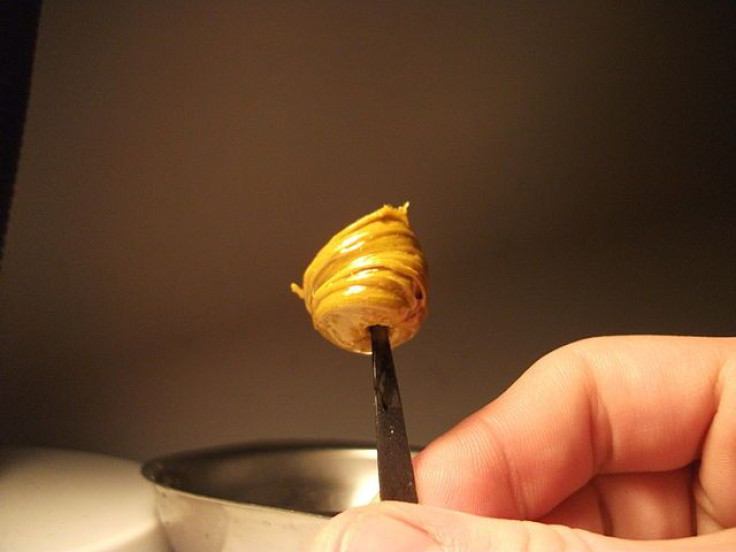Hash Oil Extractions Lead To Home Explosions Spike Following Marijuana Legalization

Washington and Colorado, the first two states to legalize marijuana, are de facto pioneers fated to grapple with various new issues, both expected and unforeseen. Although banking and other financial mechanisms involved in the new industry have long been the focus, a serious health problem has now entered the spot light. Rather like meth cookers of yesteryear, users attempting to produce DIY versions of hash oil have begun to blow up their home-based labs.
Since Jan. 1, 2014, Colorado firefighters have encountered at least 31 butane hash oil explosions, compared with just 11 for the entire past year, CBS News reported based on information gathered by the Rocky Mountain High Intensity Drug Trafficking Area (HIDTA). Similarly, since 2014 began, University of Colorado’s certified burn center has treated 10 people with serious injuries suffered while making oil, compared to 11 throughout the entire past year and just one in 2012.
Why do people make hash oil? It concentrates the effects of tetrahydrocannabinol (THC), the chemical that produces a euphoric feeling, creating a stronger high, said to be more than 10 times that of smoking an ordinary joint.
The root of this problem is the production method behind the thick yellow-orange oil, commonly referred to as honey oil, Butane Honey Oil (BHO), or dabs. To extract THC and produce hash oil, cookers boil the hash or use a solvent. "Butane is necessary for the process,” wrote the Federal Emergency Management Agency (FEMA) in a statement informing fire responders about the items used in hash oil extraction.
Along with highly explosive butane, which is commonly sold in eight ounce cans, the extraction process also calls for “…isopropyl or anhydrous alcohol, both flammable; extraction vessels; glass dishes; ether and coffee filters … Initial explosions can lead to secondary explosions and fires. In states with legalized use and availability of medical marijuana, these incidents appear to be increasing.” Methods used by people attempting to extract hash oil easily cause fires, injuries, and blasts capable of blowing out windows and walls.
In its statement issued last year, FEMA warned that some misidentified explosions in both residences and hotels may have been caused by people extracting oil. Meanwhile, Kevin Wong, an intelligence analyst with the Rocky Mountain HIDTA, noted the data gathered by his agency represents only reported and confirmed cases, with the actual number of explosions could be higher. And, in recent years, he said, there have been dozens of explosions and injuries in other states, including California and Oregon, where medical marijuana has been legalized.
"This is just the tip of the iceberg," Wong told CBS. Rocky Mountain HIDTA is also tracking data on car fatalities involving drugged drivers, underaged use, and marijuana exposure cases among children under 5. As many would expect, all of these numbers have increased over recent years as marijuana was first legalized for medical and now recreational use.



























